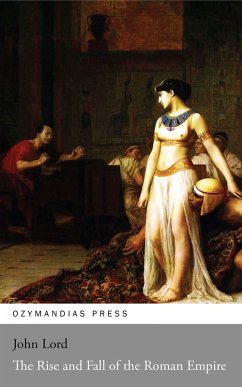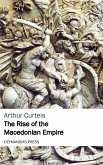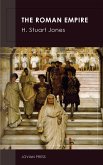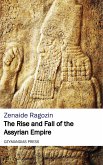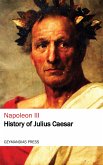The assassination of Cæsar was not immediately followed with the convulsions which we should naturally expect. The people were weary of war, and sighed for repose, and, moreover, were comparatively indifferent on whom the government fell, since their liberties were hopelessly prostrated. Only one thing was certain, that power would be usurped by some one, and most probably by the great chieftains who represented Cæsar's interests. The most powerful men in Rome at this time, were Marcus Antonius, the most able of Cæsar's lieutenants, the most constant of his friends, and the nearest of his relatives, although a man utterly unprincipled; Octavius, grandson of Julius, whom Cæsar adopted as his heir, a young man of nineteen; Lepidus, colleague consul with Cæsar, the head of the ancient family of the Lepidi, thirteen of whom had been honored with curule magistracies; Sextus Pompeius, son of Pompey; Brutus and Cassius, chief conspirators; Dolabella, a man of consular rank, and one of the profligate nobles of his time; Hirtia and Pansa, consuls; Piso, father-in-law of Cæsar, of a powerful family, which boasted of several consuls; and Cicero - still influential from his great weight of character. All these men were great nobles, and had filled the highest offices...
Dieser Download kann aus rechtlichen Gründen nur mit Rechnungsadresse in A, B, BG, CY, CZ, D, DK, EW, E, FIN, F, GR, H, IRL, I, LT, L, LR, M, NL, PL, P, R, S, SLO, SK ausgeliefert werden.

